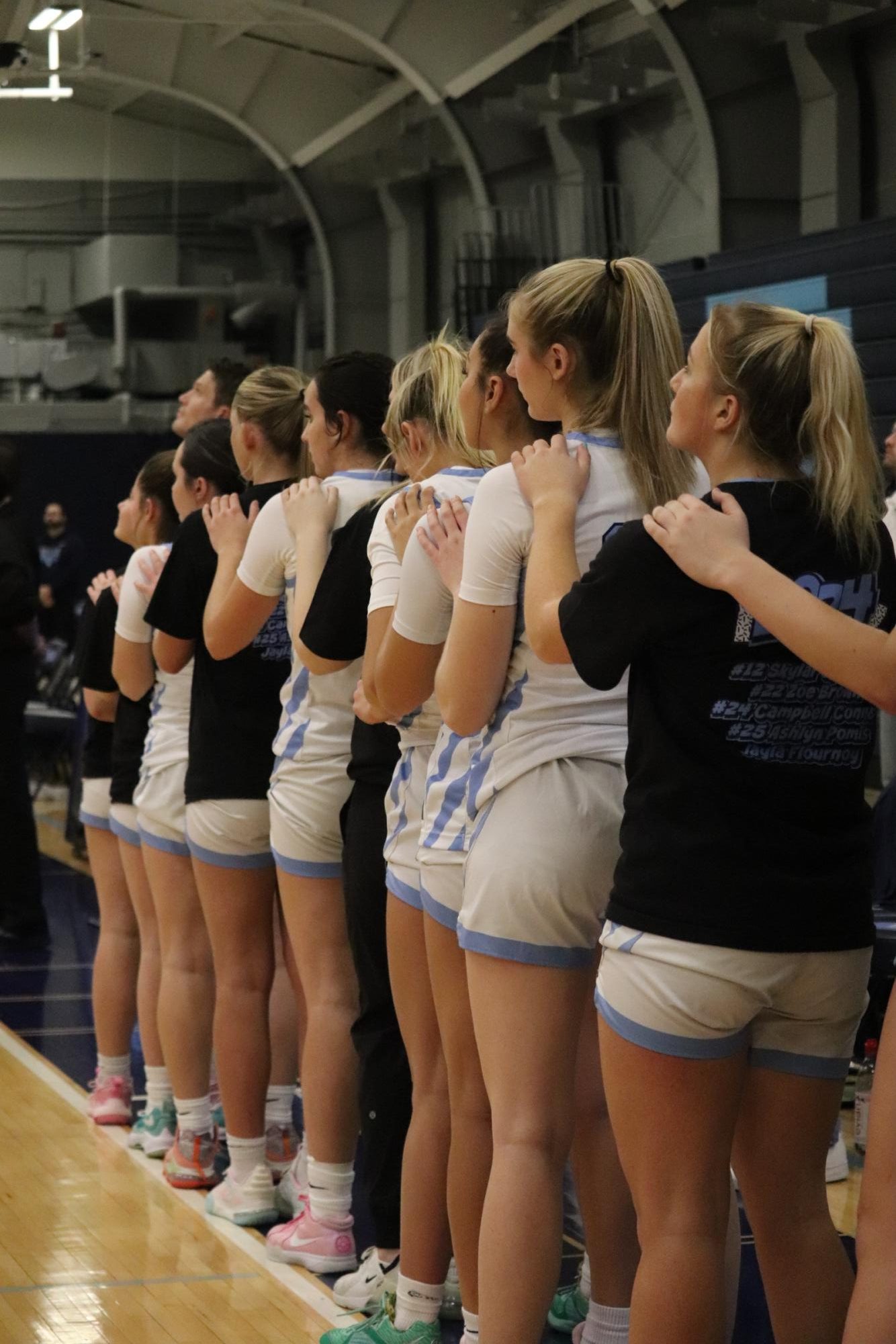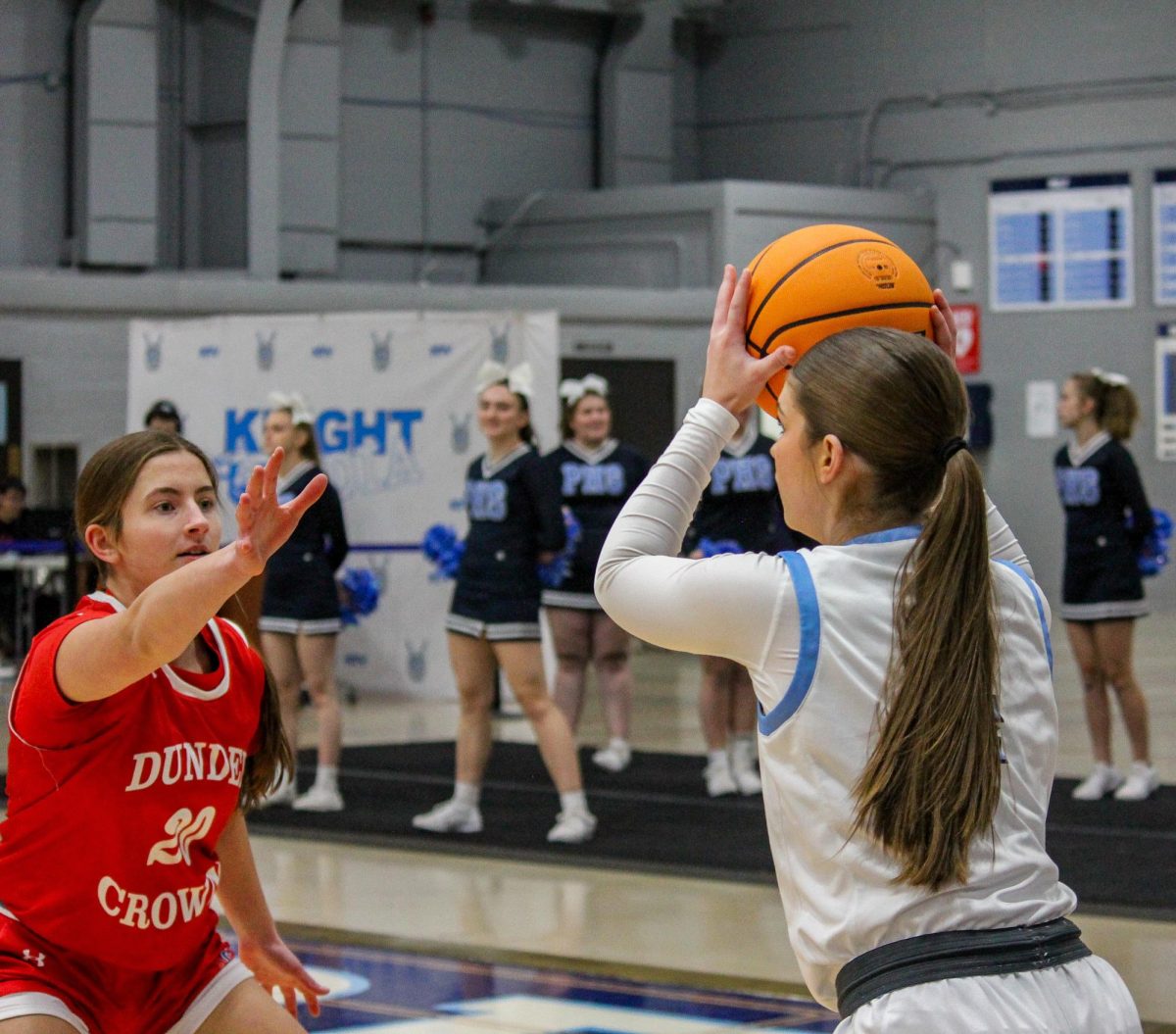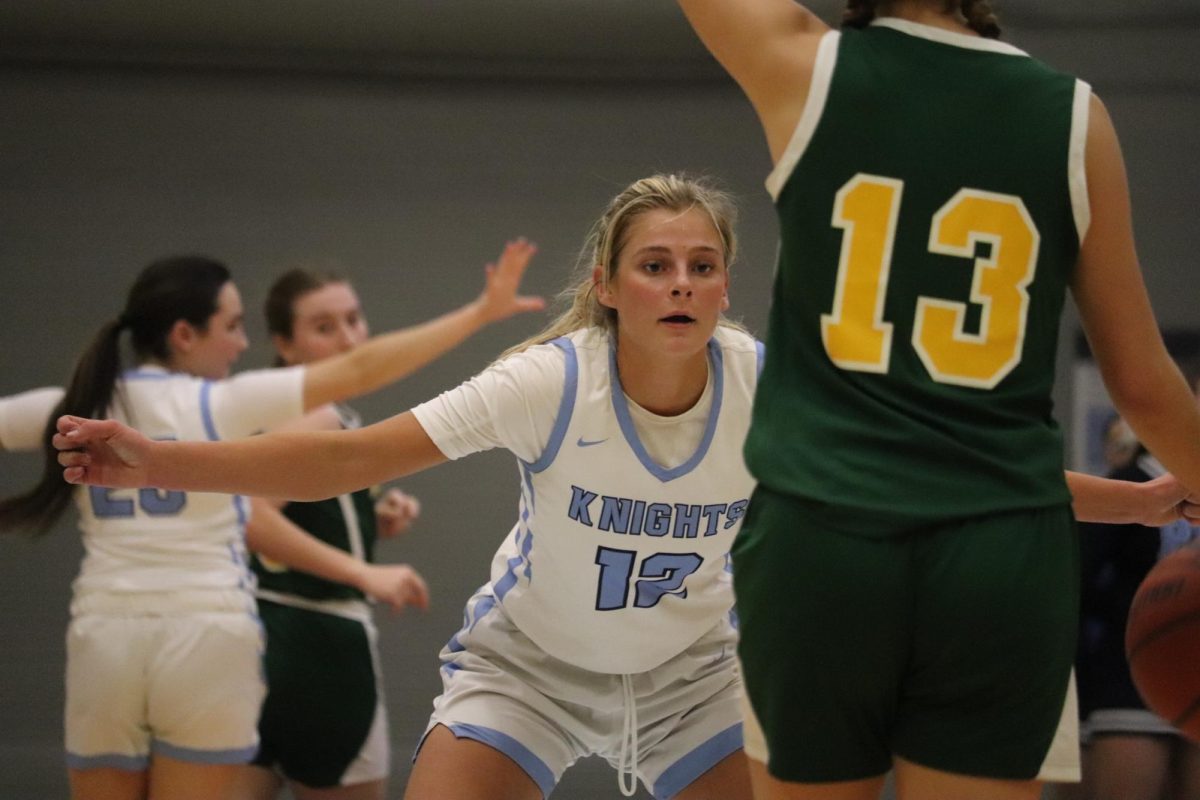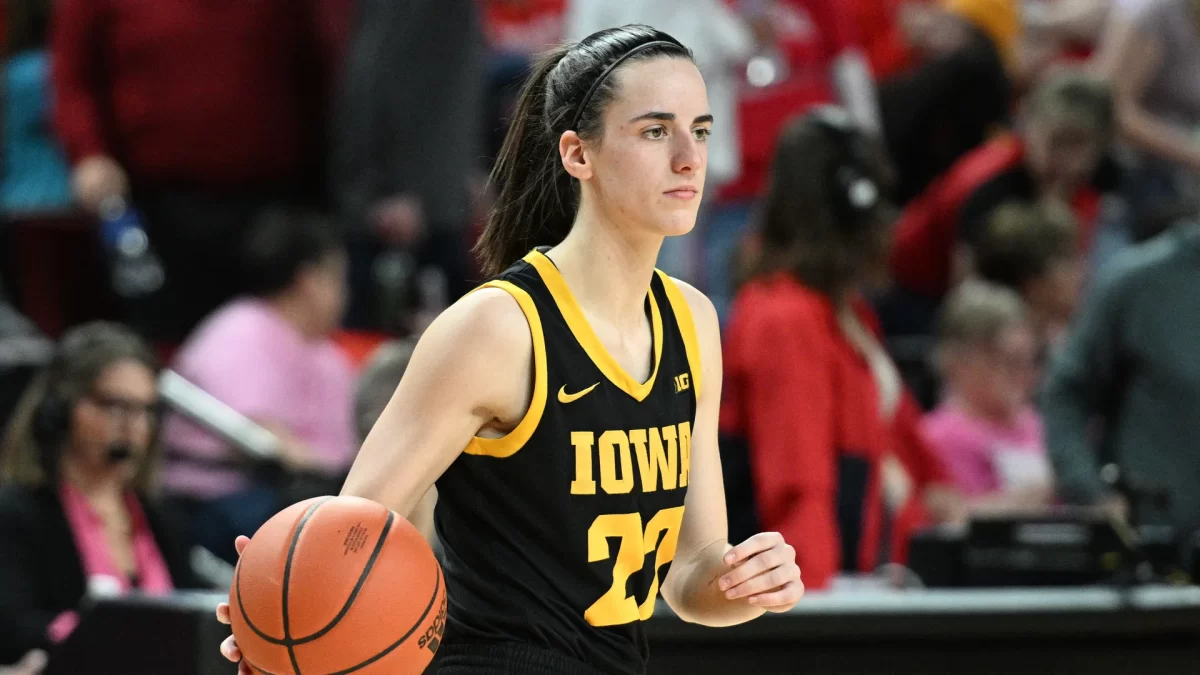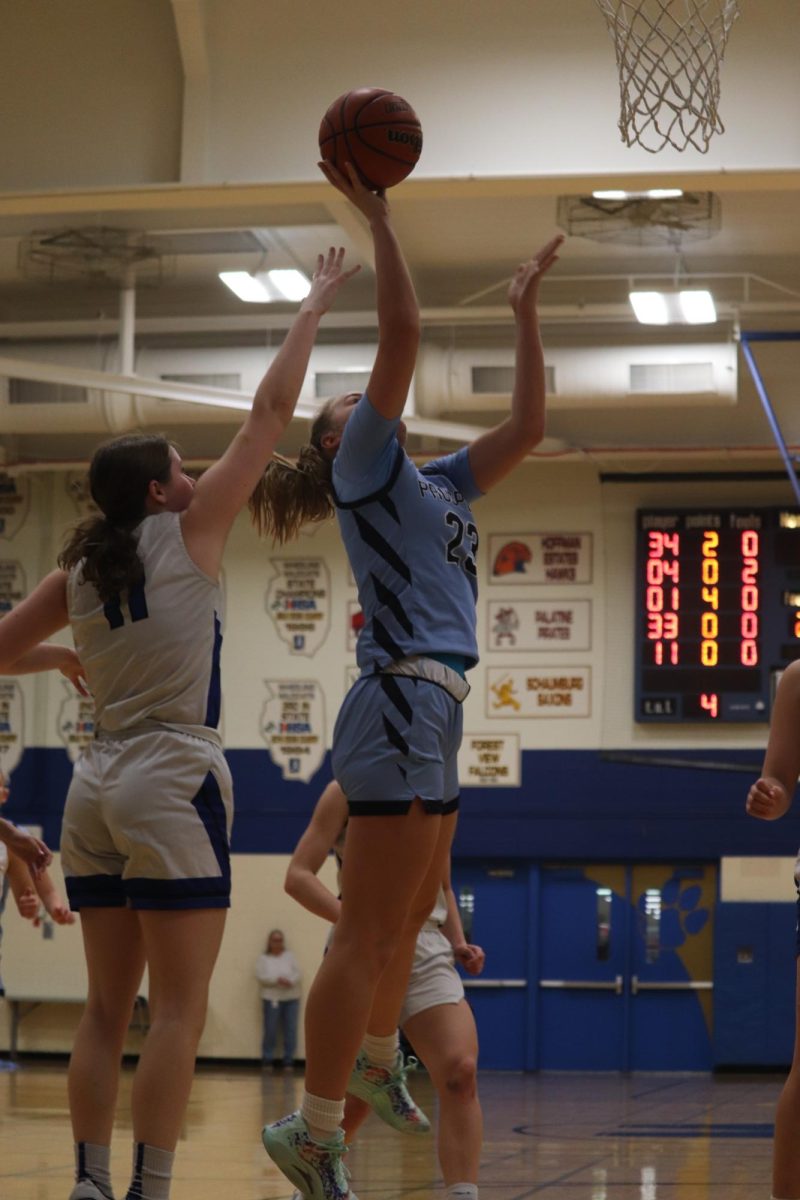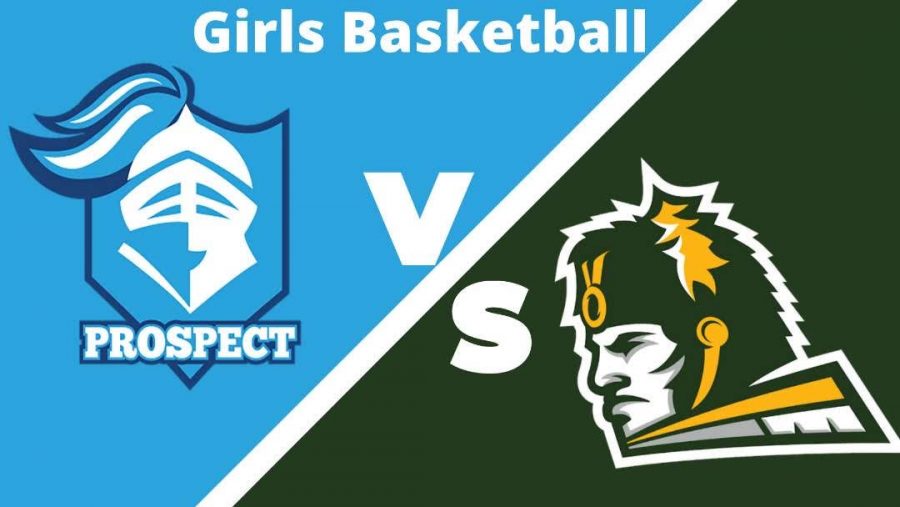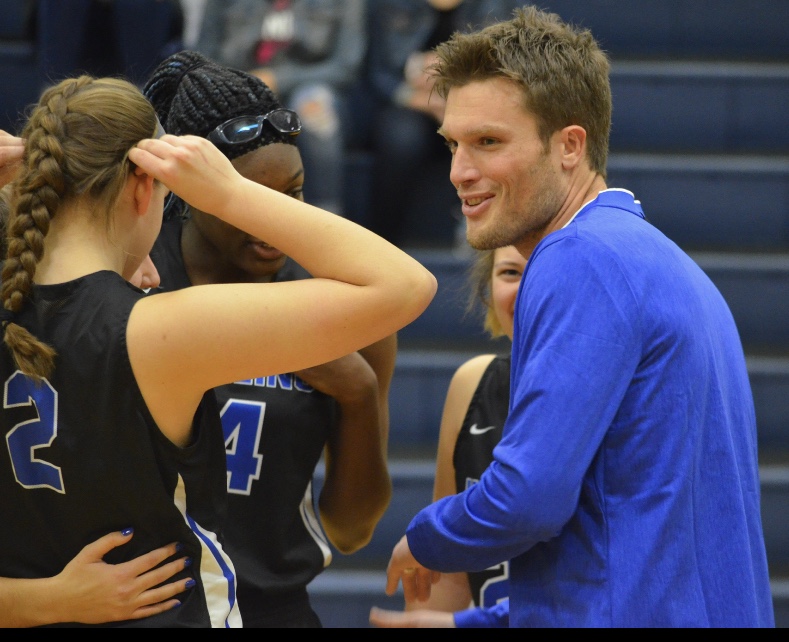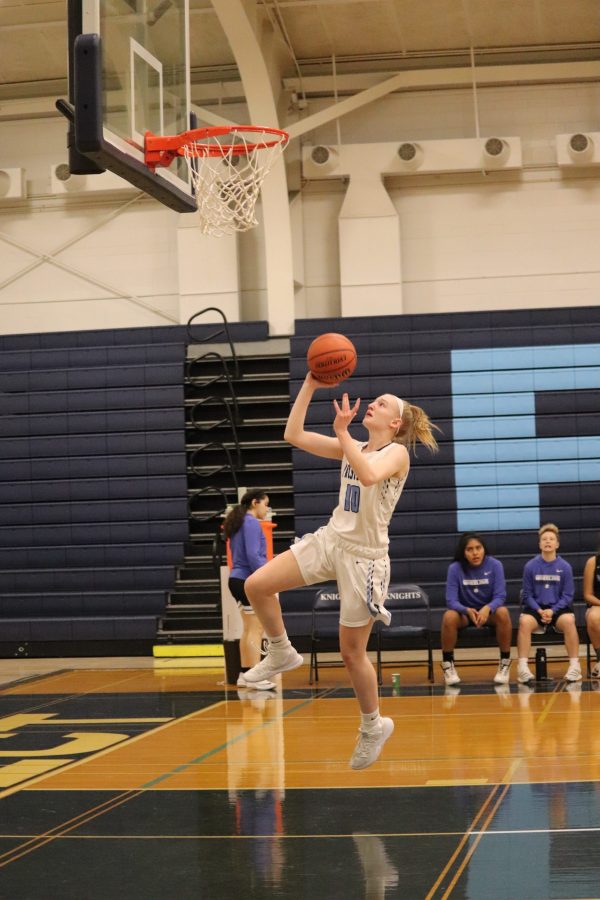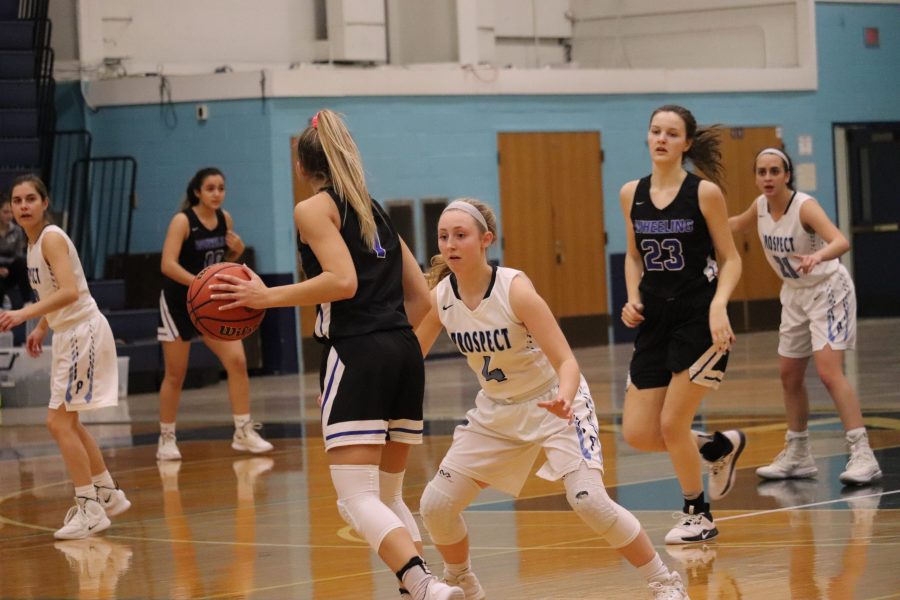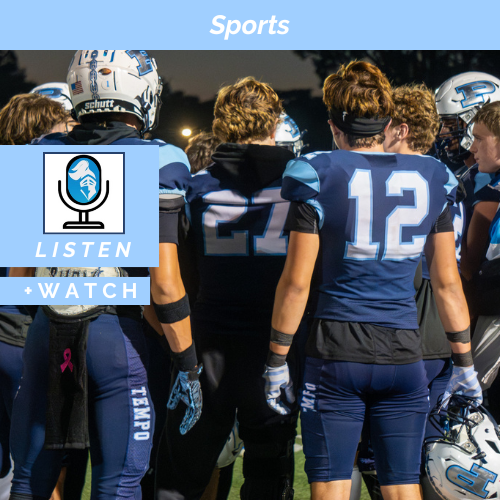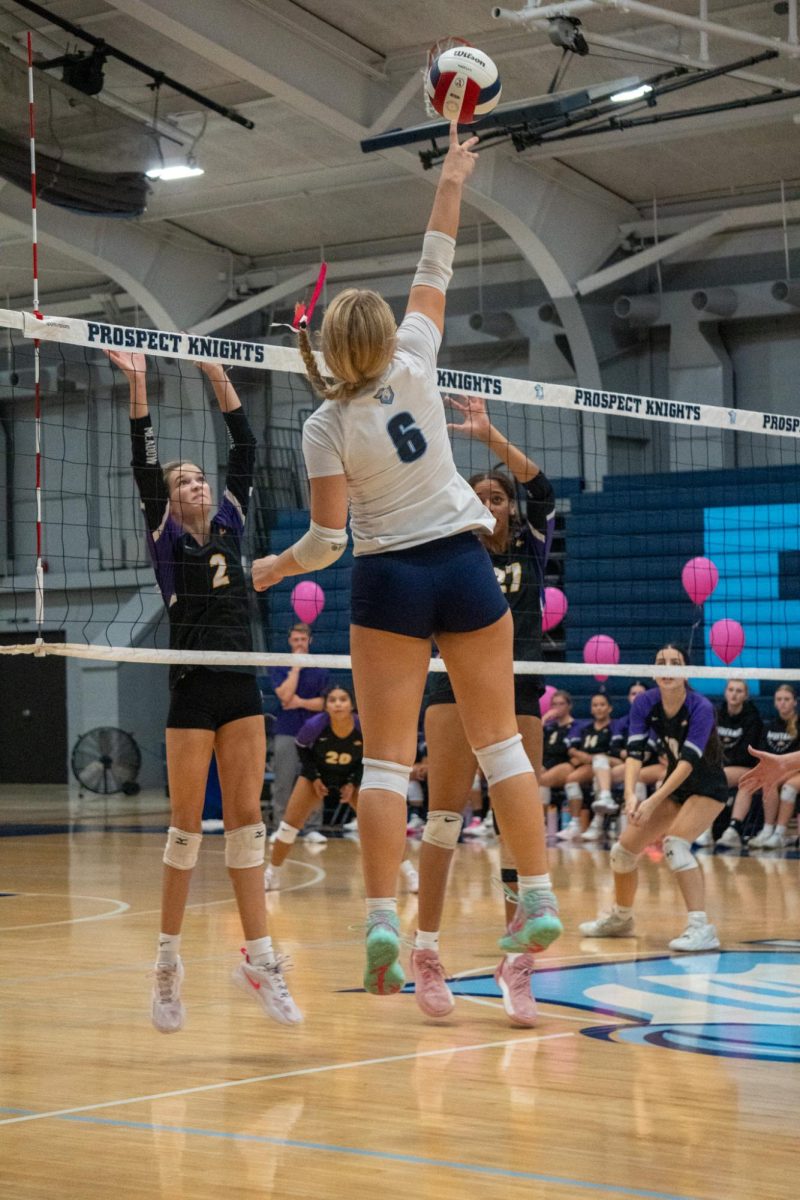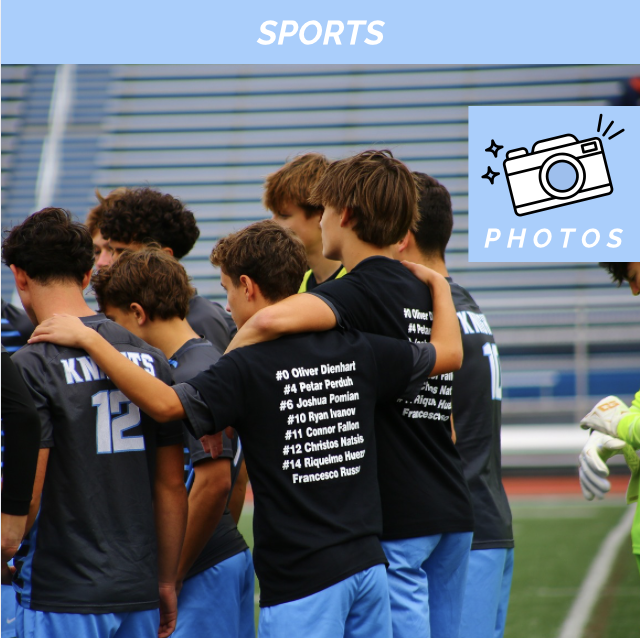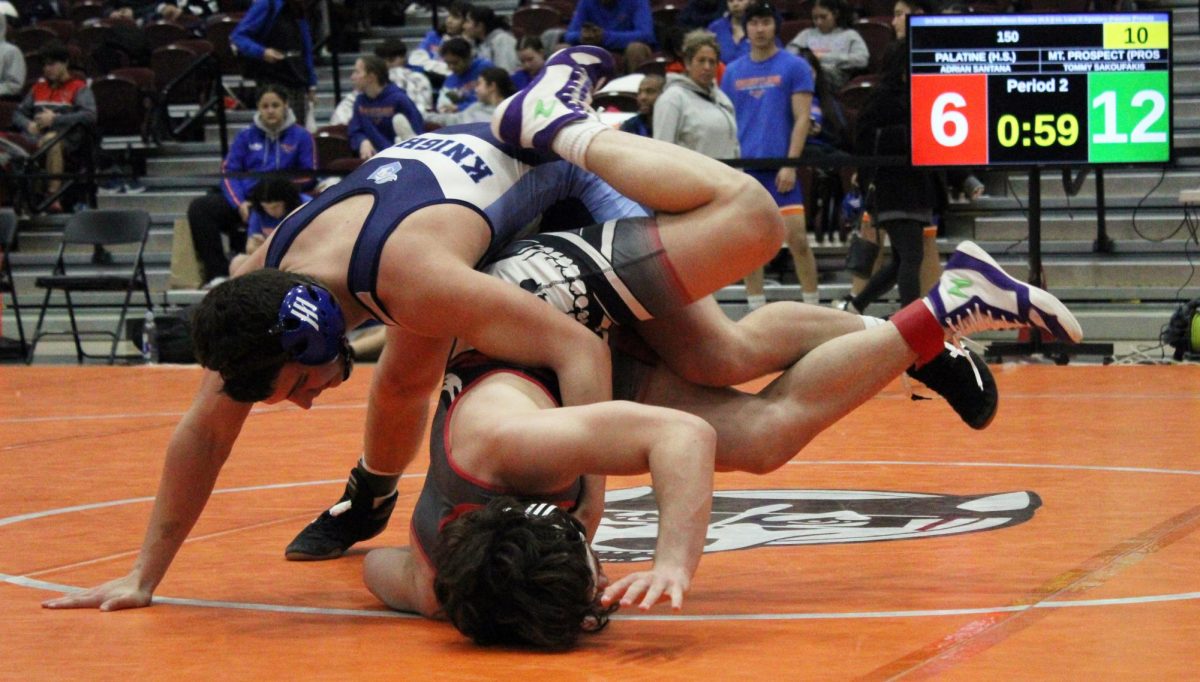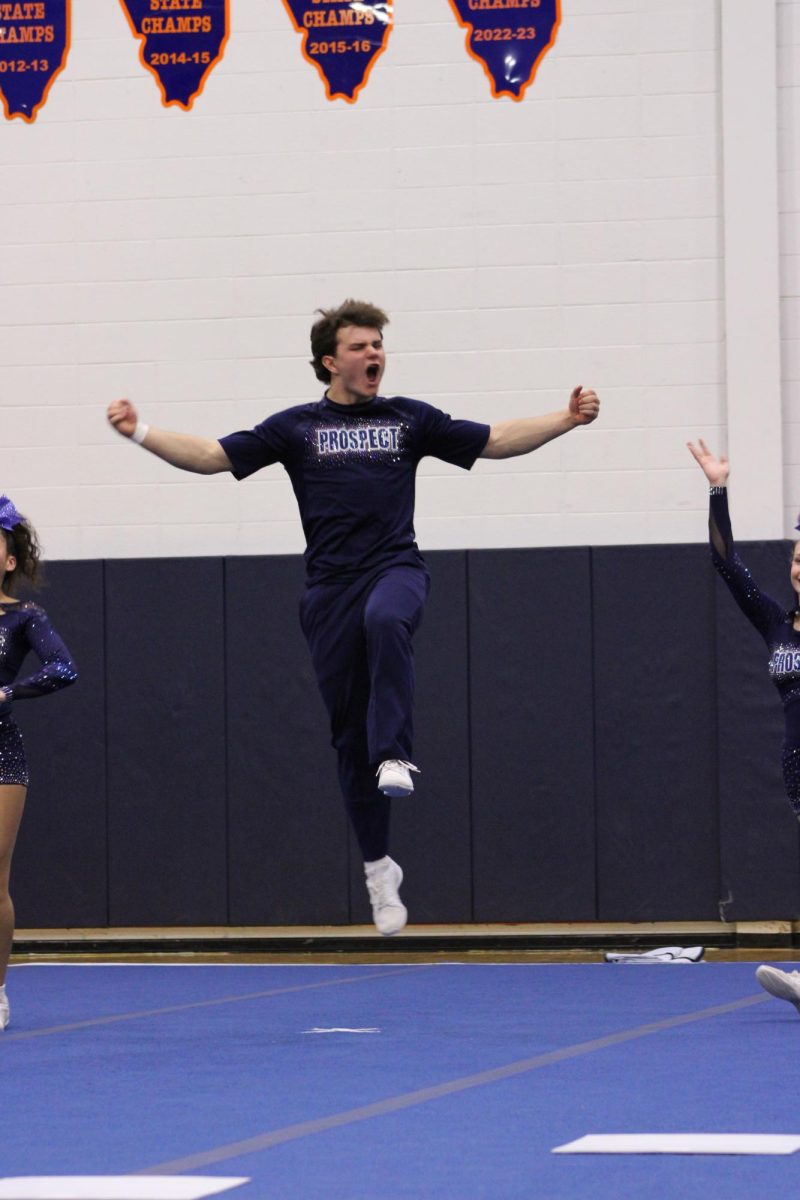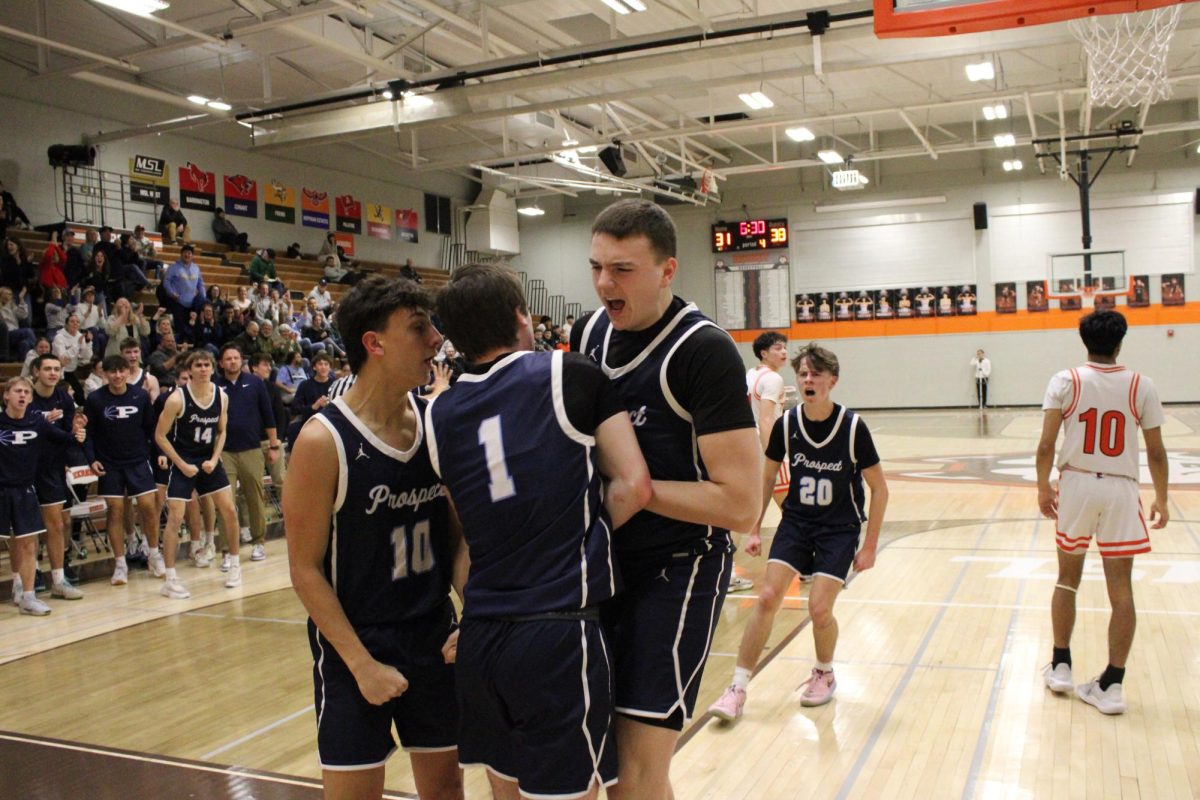Eight years ago, Colin Kaepernick caused a stir when he took a knee instead of standing during the National Anthem at an NFL game. At the time, he was trying to protest against police brutality and racism. Now, in 2024, the Louisiana State University (LSU) women’s basketball team has gone under fire for similar reasons.
During their NCAA March Madness game against Iowa State on April 1, the entire LSU women’s basketball team was nowhere to be found on the court, which people immediately condemned as an unnecessary act of protest.
After the game, LSU coach Kim Mulkey claimed she didn’t even know that the anthem was being played. She also stated that their team stays in the locker rooms until 12 minutes before the game starts, according to NBC New Orleans. Later on, the university itself stated on X (formerly Twitter) that the team had been skipping the national anthem for years. It does not seem like the team was trying to make a political statement.
Prospect girl’s basketball coach, Matthew Weber, said that the requirements for high school and college basketball vary. Thus, while the high school team might not have enough time after warm ups to return to the locker room, those time constraints might not be there at the higher levels.
Despite this, the governor of Louisiana, Republican Jeff Landry, announced on X on April 2 that he now wants to make it a requirement for collegiate athletes to attend the national anthem or risk their scholarships.
Landry believes that “above respect for that game is a deeper respect for those that serve to protect us and unite us under one flag!”
Thus, even as the March Madness ends, many people are still trying to figure out what such a rule could mean for athletes, whether they want to protest or not.
At Prospect, there is no rule requiring anyone partake in the National Anthem. Public schools are a part of the government, and the Bill of Rights is meant to protect citizens from the government. The school itself cannot punish people for peacefully protesting due to their First Amendment rights.
Furthermore, Weber doesn’t think it’s necessary to enforce such a rule, even on a smaller scale. He recalled a time when he coached at Wheeling, and he had a student that sat down for the anthem. She did not ask for permission beforehand, but he didn’t punish her for it. To him, if she didn’t want to stand, then he couldn’t make her.
Junior Colleen Shute agrees. She is a three sport athlete, and one of them is basketball. She has always stood up for the anthem at her games, but she doesn’t see any issue with people who choose not to.
“I don’t think it’s a huge deal,” Shute said. “I don’t think they’re disrespecting their country by not being there.”
While not every student may agree with such a lax attitude, there is only so much that can be done to enforce such a rule. Unlike the NFL, a private company that could take action against Colin Kaepernick’s protests, LSU is a public university.
Not only that, but the team was apparently following all of the rules of the game by preparing off of the court— otherwise, they would have gotten in trouble years ago. For now, aside from negative commentary online, then LSU can do as they please.
”I believe that if someone has a stance,” Weber said. “Then it’s their right to not stand.”

